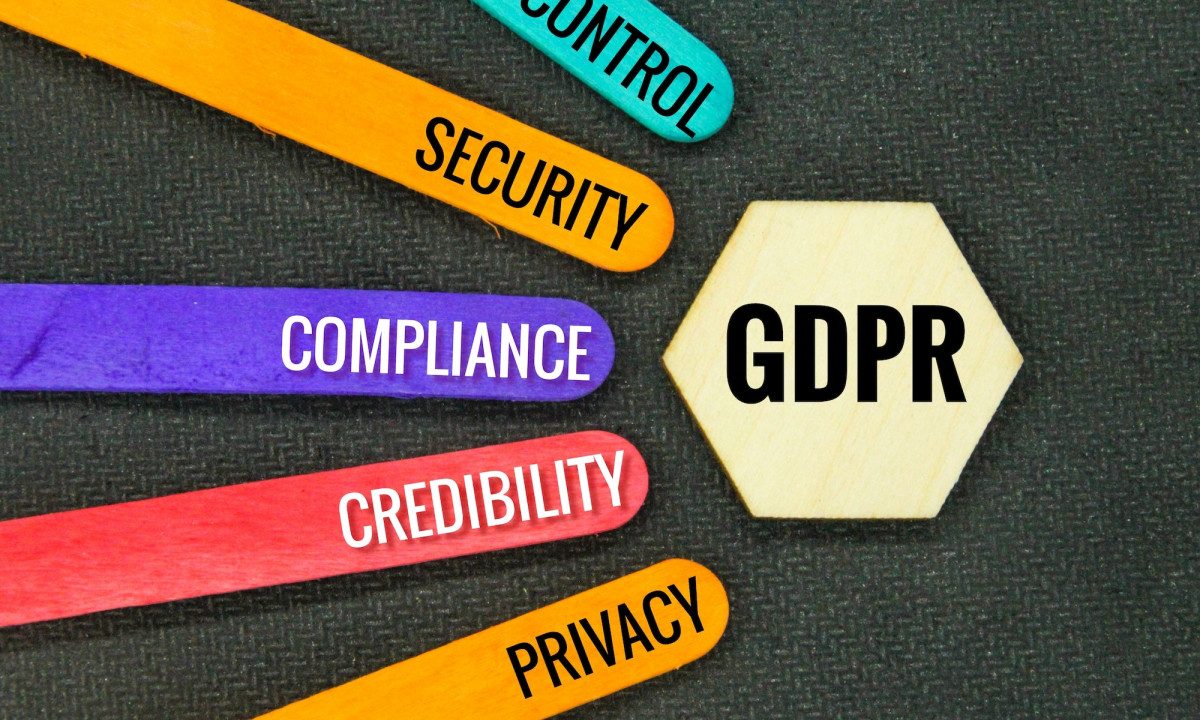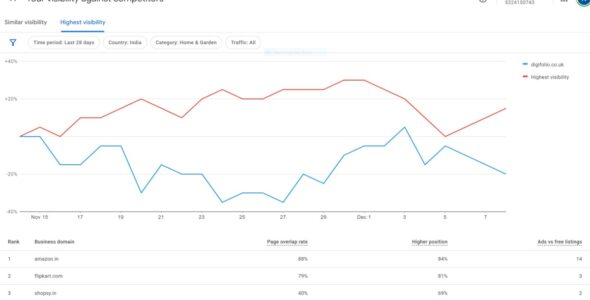Data Governance in Real Estate: Ensuring Data Quality and Integrity
Data is the lifeblood of the real estate industry, driving informed decision-making, market analysis, and customer experiences. However, the value of data lies in its quality and integrity. Data governance is a crucial aspect of managing and protecting real estate data, ensuring that it is accurate, reliable, and secure. In this blog post, we will explore the importance of data governance in real estate, its key components, and best practices for ensuring data quality and integrity.

The Importance of Data Governance in Real Estate
Data governance is essential in the real estate industry for the following reasons:
1. Data Quality Assurance: Data governance processes establish standards for data quality, ensuring that the data collected is accurate, complete, and consistent.
2. Informed Decision-Making: Reliable data enables real estate professionals to make well-informed decisions based on trustworthy insights and analysis.
3. Compliance and Legal Requirements: Data governance ensures that real estate companies comply with data protection laws and regulations, reducing the risk of legal and financial liabilities.
4. Customer Trust: Proper data governance instills confidence in clients and stakeholders, demonstrating a commitment to data security and privacy.
5. Efficient Operations: Streamlined data governance processes improve data management efficiency, leading to enhanced productivity and reduced errors.
Key Components of Data Governance in Real Estate
1. Data Quality Management: Establishing data quality standards, data validation processes, and regular data audits to ensure data accuracy and consistency.
2. Data Security and Privacy: Implementing robust data security measures, access controls, and data encryption to protect sensitive information from unauthorized access and breaches.
3. Data Documentation: Maintaining comprehensive documentation of data sources, definitions, and metadata to ensure data traceability and understanding.
4. Data Ownership and Stewardship: Assigning data ownership roles and responsibilities to individuals or teams who are accountable for data quality and integrity.
5. Data Governance Policies: Creating clear and enforceable data governance policies that outline data handling procedures, data usage, and compliance requirements.

Best Practices for Ensuring Data Quality and Integrity
1. Establish Data Governance Framework: Develop a data governance framework that aligns with your real estate company’s objectives and includes data governance policies and procedures.
2. Data Cleansing and Validation: Regularly cleanse and validate data to remove duplicates, errors, and inconsistencies, ensuring that the data remains accurate and reliable.
3. Data Security Measures: Implement advanced data security measures, including data encryption, secure access controls, and regular security audits to protect data from breaches.
4. Employee Training: Educate employees about data governance policies and best practices, ensuring that everyone understands their roles and responsibilities in maintaining data integrity.
5. Regular Data Audits: Conduct regular data audits to assess the quality and reliability of data and identify areas for improvement.
6. Compliance Monitoring: Stay updated on data protection laws and regulations, and regularly review and adjust data governance practices to ensure compliance.
Conclusion
Data governance is a critical aspect of managing real estate data, ensuring its quality, and maintaining its integrity. Reliable data enables informed decision-making, builds customer trust, and ensures compliance with data protection laws. By establishing a comprehensive data governance framework, implementing data quality management practices, and prioritizing data security and privacy, real estate companies can effectively manage and protect their data assets. Regular data audits, employee training, and compliance monitoring further contribute to efficient data management and foster a culture of data responsibility and integrity within the organization. Embracing data governance best practices positions real estate companies to leverage data effectively and make data-driven decisions that drive success in a competitive market.






[…] Data Governance in Real Estate: Ensuring Data Quality and IntegrityData is the lifeblood of the real estate industry, driving informed decision-making, market analysis, and customer experiences. However, the value of data lies in its quality and integrity. […]